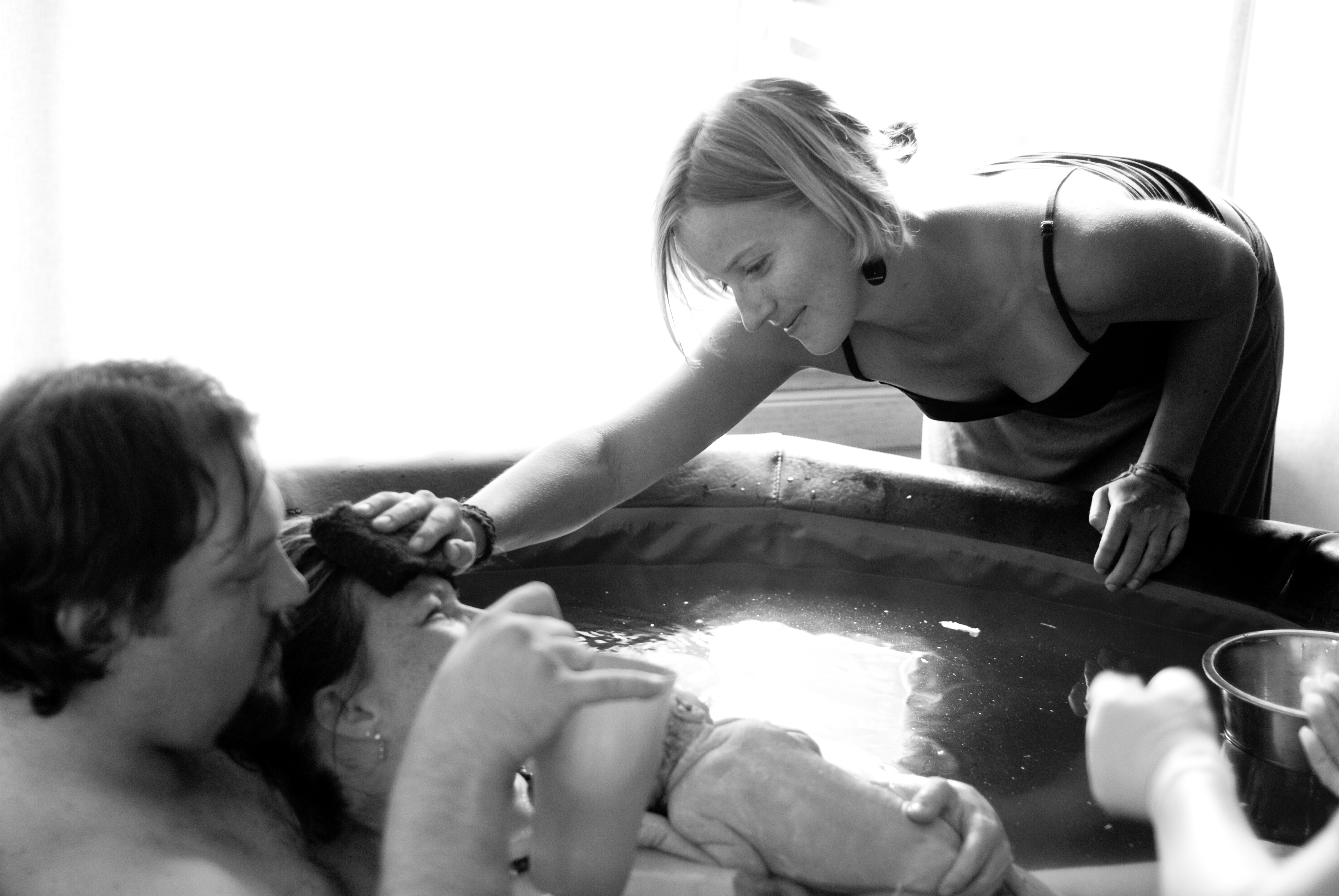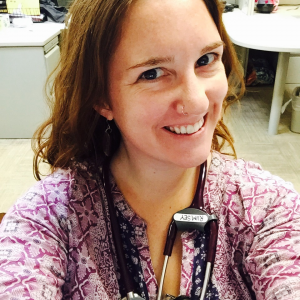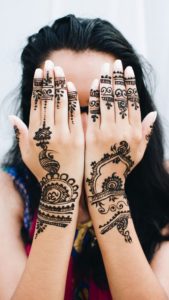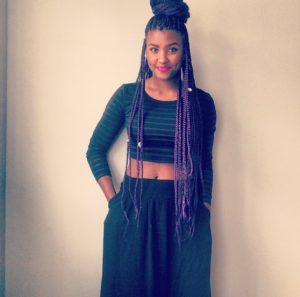Women ask me nearly every day if I have children. They ask not because I am a 38-year-old woman living in the Midwest, which frankly would be motivation enough for most inquirers. They ask because I am a midwife. I work at a community clinic serving many women who do not speak English, therefore I am also asked this question in Spanish, Hmong, French, Arabic, and Somali.
To clarify, let’s start with my maternity status: I am a G0P0, which means I have never given birth nor have I ever been pregnant. I have never adopted or fostered a child either. That said, I have always wanted to be a mother, and I love babies. I was the little girl who stuffed Cabbage Patch dolls up my sisters’ shirts and made them grunt and “push” their babies out. I love my work and being able to serve women in this way.
But within the birth community I often feel like an anomaly. I am frequently the only woman in a work meeting or conversation who does not have children. As the doulas, nurses, midwives, and doctors around me relate to our patients with their own stories of pregnancy, birth, and motherhood, I have to rely only on my clinical experience. Earlier in my journey, I was less bothered by this, because I trusted my time was coming, “out there” someday, just waiting for me. As the years have gone on, though, the isolation has grown deeper, and I find that seemingly benign conversations about planning birthday parties and pumping breast milk are at times quite triggering.
Ironically, the journey to become a midwife itself has been one of the biggest holdups to motherhood: Midwifery school is a lot of work, especially starting at age 29 without a science background. As my high school and college friends started making babies, I was busy making chemistry and anatomy flashcards. Prior to midwifery school, I had been partnered with a man who wanted children, and we spent seven years together planning a life that included babies. They even had potential names. I had contemplated midwifery early in our relationship, but at the time he was not interested in moving and there was not a midwifery program where we lived. In lieu of becoming a midwife, I chose a life with him. That choice took a dramatic turn when he embarked on a year-long affair and lived a full-on double life, engaging in two relationships simultaneously. The day I realized my marriage was really over, I stood in the shower and washed my hair for 30 minutes as I contemplated my next options. The first major decision I made was to take this opportunity and redirect it to my back-burnered goal of becoming a midwife.
My steps toward becoming a midwife were strategic: I became a doula, then a labor and delivery nurse, then a midwife student, and now a midwife. The steps toward finding a new partner were less methodical and much messier. I fell in love, more than once, with men who clearly would not bring me to my goal of motherhood. I put as much work into those men as I did toward school, yet only the school quest brought me success. I loved hard, lost hard, and sought even harder the next time. With each new round of heartache, I turned to midwifery as a place that would love and embrace me and let me shine in a way these relationships did not. I threw myself further into caring for other women. Though that also, ironically, provided even more opportunities to see what I felt I was missing in my own life.
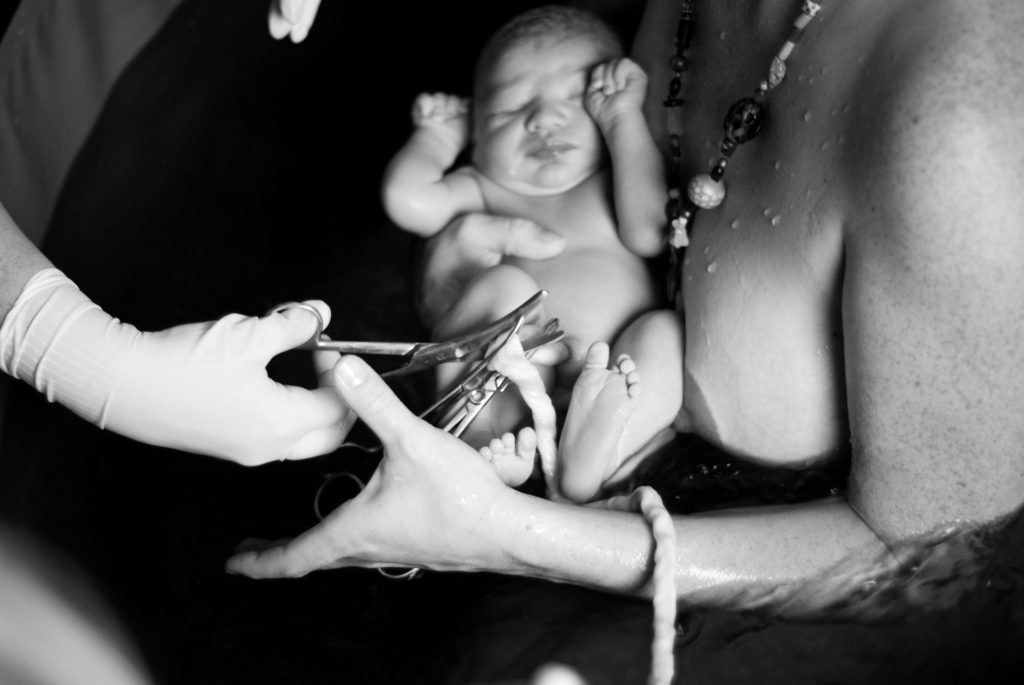 Being privy to women’s intimate lives and helping them become mothers is the most rewarding task I can imagine. It is my paycheck-meets-passion reality. I spend about 75 percent of my life taking care of mothers in some way. I give prenatal care in clinic, attend births at the hospital, photograph newborns, go to baby showers, host mother blessing ceremonies, organize postpartum food calendars, and answer worried phone calls and texts at all hours of the day. Most of the mothers are my patients, but some are friends and family. It is a great honor to be viewed as knowledgeable, and I intentionally make myself available to anyone who needs information or reassurance. But this perceived wisdom also bears a price. Showing up for work means that every day, there are an endless number of chances to remember that I yearn to be a mother but am not.
Being privy to women’s intimate lives and helping them become mothers is the most rewarding task I can imagine. It is my paycheck-meets-passion reality. I spend about 75 percent of my life taking care of mothers in some way. I give prenatal care in clinic, attend births at the hospital, photograph newborns, go to baby showers, host mother blessing ceremonies, organize postpartum food calendars, and answer worried phone calls and texts at all hours of the day. Most of the mothers are my patients, but some are friends and family. It is a great honor to be viewed as knowledgeable, and I intentionally make myself available to anyone who needs information or reassurance. But this perceived wisdom also bears a price. Showing up for work means that every day, there are an endless number of chances to remember that I yearn to be a mother but am not.
The script with patients often goes something like this:
“Do you have children?”
“No.”
“Well, do you want them?”
“Yes, someday.”
“Do you have a husband? A fiancé? A boyfriend?”
Depending on my romantic status at the time, these questions stung or perhaps rolled right off me. When I have been partnered more seriously I felt protected. When I was in uncertain relationships or in periods of being single, the questions sometimes felt more like a stab than a poke. More than once, the encounter would begin by me measuring the patient’s belly and end with me feeling alone and anxious. All the while working to keep my professional hat on and finish the task at hand, stuffing down the questions (and answers) I dreaded.
To some degree I understand why they ask. I’m in the business of growing and expelling little humans, so of course my patients want to know if I’ve done this work myself. Some of them want to know because they want to relate on a human level with another uterus-bearing human during an enormous life transition. Some of them are just making chitchat. Whatever their reason for asking, it certainly isn’t to remind me that I am not a mother. Yet so often, that is how I feel.
In fairness to my patients, I ask them a tremendous number of personal questions and they get very little reciprocity in that exercise. I ask, “What are you using for birth control?” “Have you ever had a miscarriage or infertility?” “Have you ever had an abortion?” “How many sexual partners do you have?” These questions would be far too private for them to ask their midwife, which I think women of all cultures recognize. Yet the “do you have children?” question seems benign.
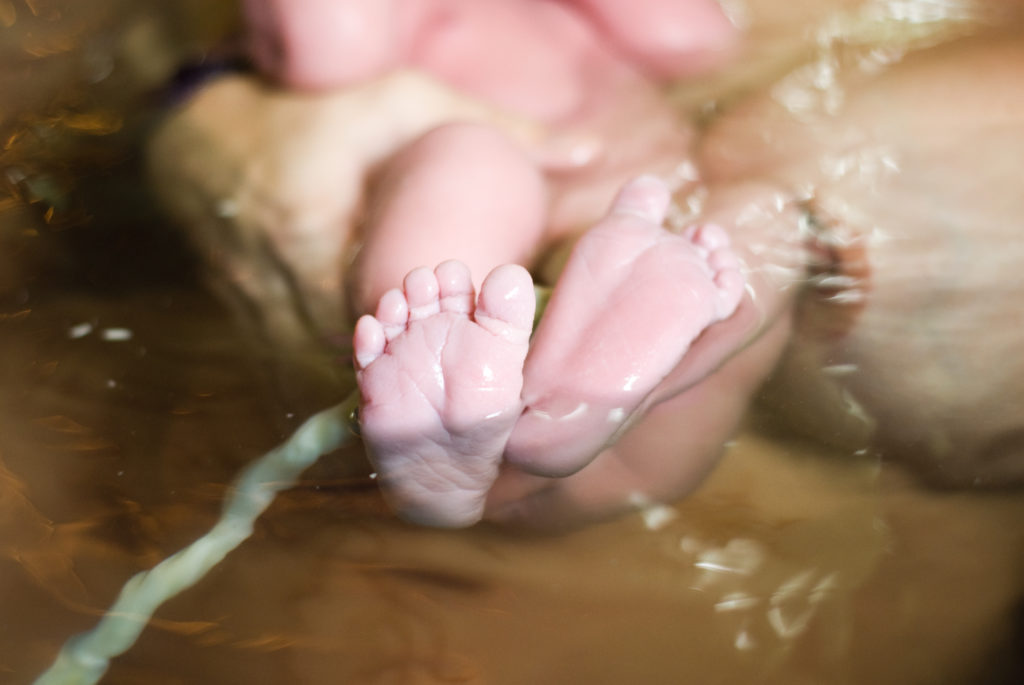 Several years ago, I was caring for a woman giving birth to her fifth baby. At the time I was single and the child question was extra loaded. She asked it, I said no, and she said, “Girl, you be lucky.” Earlier this year, I was caring for a stunningly beautiful, very young woman having her first baby. She spoke quietly and with few words. As I was measuring her belly she looked up at me and asked, “Do you have children?” I smiled and shook my head. “No, I do not.” She smiled hugely and said, “You are so young, so pretty. You will.”
Several years ago, I was caring for a woman giving birth to her fifth baby. At the time I was single and the child question was extra loaded. She asked it, I said no, and she said, “Girl, you be lucky.” Earlier this year, I was caring for a stunningly beautiful, very young woman having her first baby. She spoke quietly and with few words. As I was measuring her belly she looked up at me and asked, “Do you have children?” I smiled and shook my head. “No, I do not.” She smiled hugely and said, “You are so young, so pretty. You will.”
These two patient interactions remain in my mind as two of the kindest. One message helps dampen the perfect bubble of motherhood that society paints and reminds me that taking care of just myself is pretty great sometimes. The other, coming from a woman 13 years my junior, reminded me that the time has just not come. Yet.
Asking women about children is a sensitive thing. It might be fine if they have children (and wanted the ones they had). But if they do not have them, or don’t want them, or can’t make them, or lost them, or a host of other painful possibilities, the question itself shines a bright light on a sore spot.
We ask about pregnancy, birth, motherhood, and children as if we are asking for someone’s favorite color or ice cream flavor. What has happened inside a woman’s uterus—be that having made many babies or having made none at all—is such a personal journey. Please consider letting it be her journey to share, but not your need to know.
Photos by Emily Rumsey

